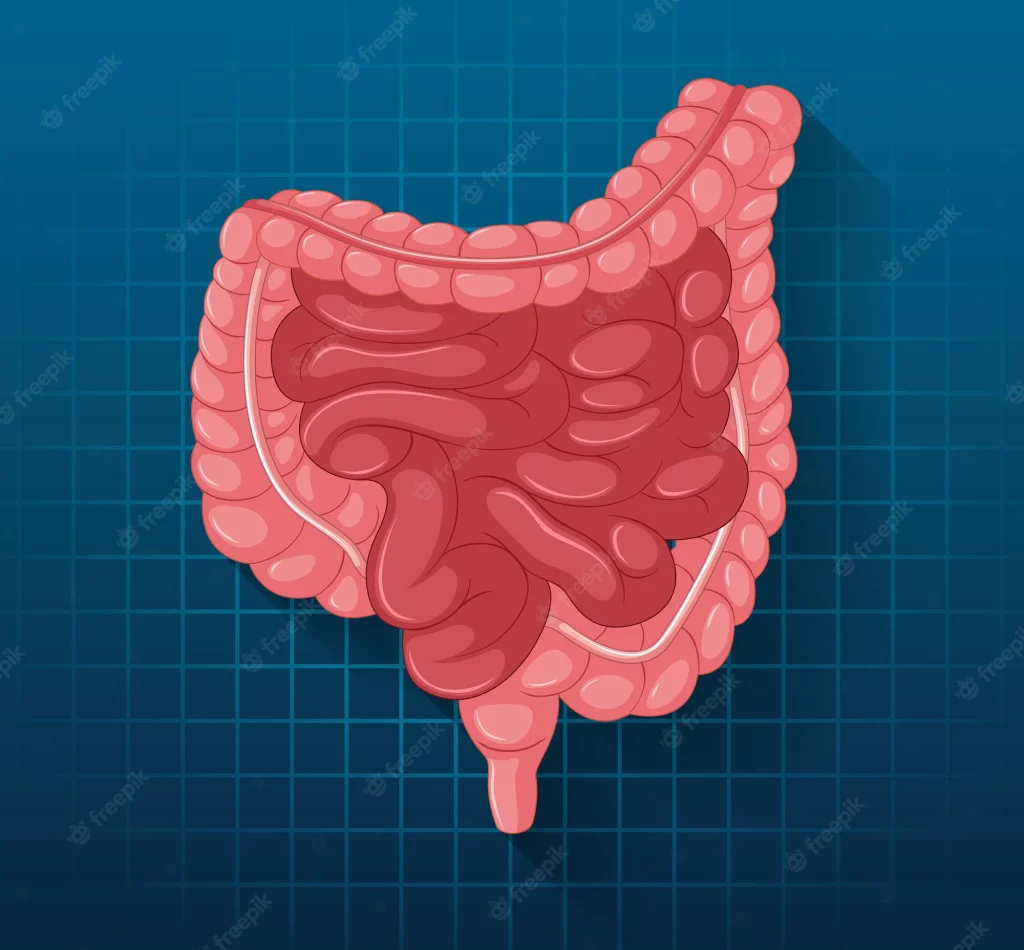By Stuart Ngobi
One of the most prevalent illnesses or problems that people currently experience is this. The majority of people are aware that they have this ailment, but there are undoubtedly those who are unaware that they have ulcers; some have even referred to it as witchcraft.
In most cases, ulcers are sores that appear when the linings of the esophagus, stomach, and small intestine disintegrate due to an inflammatory process triggered by the bacteria Helicobacter pylori.
However, there are other linked etiologies as well, including excessive alcohol intake, long-term use of NSAIDs like aspirin and ibuprofen, among many others. Smoking and excessive consumption of spicy meals are two additional risk factors associated to this.
Symptoms and Signs
In addition to epigastric pain, peptic ulcer disease frequently manifests as bloody or dark stool, indigestion, unexplained weight fluctuations, nausea, and changes in appetite.
One of the risks associated with this peptic ulcer disease is gastrointestinal bleeding, which can result in lower or upper gastrointestinal bleeding, perforation of the esophagus, gastric mucosa, and duodenal linings due to wall erosion, and other complications like esophageal, gastric, and duodenal perforation. The last thing that can happen if there is considerable bleeding is GI obstruction and death.
Additionally, depending on the severity of the ailment, this condition can be effectively managed in our healthcare facilities. The medical staff always prescribes medications, including antacids like magnesium tablets to counteract the acidic effects, antibiotics like metronidazole and erythromycin to inhibit bacterial growth, proton pump inhibitors like omeprazole and esomeprazole that irreversibly work by inhibiting the stomach’s H+/K+ ATPase proton pump to bring about profound acid production within the stomach, and many others.
Prevention
Peptic ulcer disease can be prevented and one can live without this dangerous condition by avoiding alcohol consumption, taking enough water that is at least 2 liters of water, taking alcohol with medications should be avoided, and washing hands to avoid infections.

Ngobi stuart
Junior Nursing officer
Mityana general hospital


